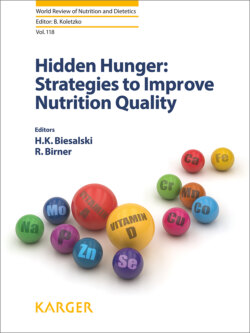Читать книгу Hidden Hunger: Strategies to Improve Nutrition Quality - Группа авторов - Страница 17
На сайте Литреса книга снята с продажи.
Conclusion
ОглавлениеNutritional improvement requires nutrition sciences, but also inputs from social sciences, including economics and political science. While emphasizing multi-disciplinary approaches, this article focused on economic and political innovations. It is increasingly understood that broad-based economic growth combined with social interventions reduces undernutrition, but the relationships between economic development and malnutrition and obesity are more complex [11]. To improve nutrition and reduce hunger especially in low- and middle-income emerging economies, several conclusions for economic and political innovations can be drawn:
Fig. 3. Toward the “International Panel on Food, Nutrition and Agriculture” (IP-FNA). Source: von Braun and Kalkuhl [10].
1 Political economy analyses of nutrition policy choices need to be combined with economic and implementation research to identify feasible and best policies.
2 Efficient and effective nutrition policy needs a systematic focus on goals and instruments, with all potential instruments taken into consideration, excluding none for instance because of ideological bias.
3 Nutrition policy requires more attention, leadership, and funds, as well as a global organizational home, rather than spread across global/UN organizations.
4 The evidence base for nutrition policies must be strengthened by establishing a systematic science and policy interface, similar to what has evolved for the field of climate change with Intergovernmental Panel on Climate Change.
